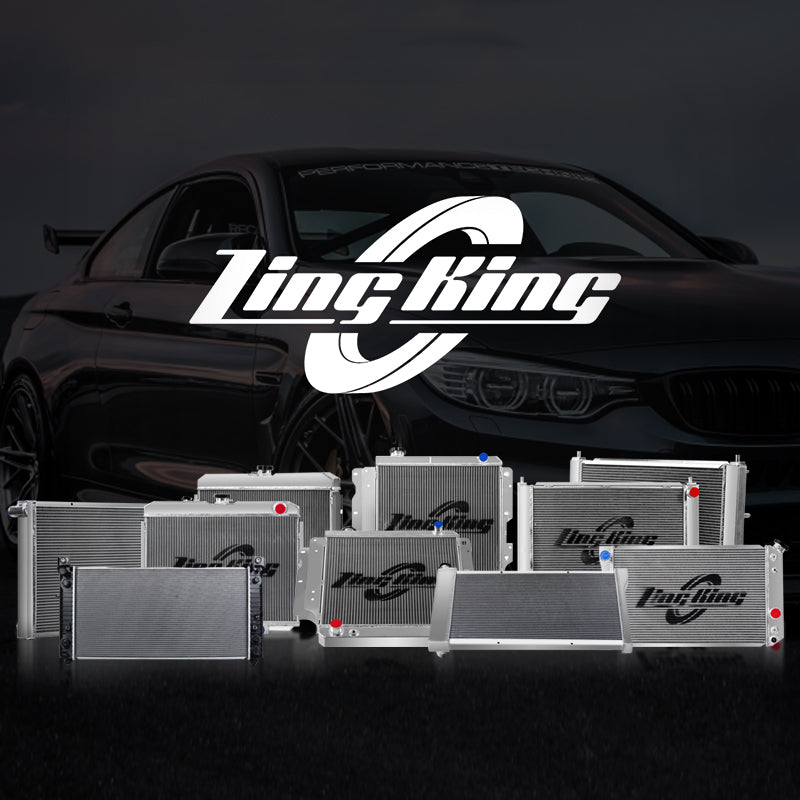
News
The Ultimate Guide to Car Radiators: Why Your Engine’s Lifesaver Deserves Your Attention
The Ultimate Guide to Car Radiators: Why Your Engine’s Lifesaver Deserves Your Attention
Your car’s engine is a powerhouse, but even the toughest machinery needs protection from overheating. Enter the **car radiator**—a silent hero working tirelessly to keep your engine cool, efficient, and running smoothly. Whether you’re a car enthusiast or a daily commuter, understanding your radiator’s role and knowing when to upgrade it can save you from costly repairs down the road.
What Does a Car Radiator Do?
A radiator is the heart of your vehicle’s cooling system. It circulates coolant (a mix of water and antifreeze) through the engine, absorbing excess heat. The hot coolant then flows back to the radiator, where it releases heat through its fins and tubes. A properly functioning radiator:
- Prevents engine overheating and catastrophic damage
- Maintains optimal fuel efficiency
- Reduces wear on engine components
- Ensures smooth performance in extreme temperatures
Signs Your Radiator Needs Attention
Don’t wait for steam billowing from your hood! Watch for these red flags:
🔴 Overheating engine (temperature gauge spiking)
🔴 Coolant leaks (puddles of bright green/orange fluid under your car)
🔴 Discolored or sludgy coolant
🔴 Rust or cracks in the radiator body
🔴 Weak heater output** or strange smells
Why Upgrade Your Radiator?
Stock radiators get the job done, but aftermarket radiators offer game-changing benefits:
✅ Enhanced Durability: Aluminum or high-density plastic radiators resist corrosion and last longer.
✅ Superior Cooling: Larger cores and advanced fin designs optimize heat dissipation.
✅ Performance Boost: Essential for towing, racing, or driving in hot climates.
✅ Cost Savings: Prevent engine repairs that can cost thousands!
Choosing the Right Radiator for Your Vehicle
Not all radiators are created equal! Consider these factors:
1. Material: Aluminum radiators are lightweight and efficient; copper/brass models excel in heavy-duty use.
2. Fitment: Match your car’s make, model, and engine size.
3. Core Design: Single-row vs. dual-row—more rows mean better cooling for high-performance engines.
4. Brand Reputation: Trusted brands ensure precision engineering and warranties.
